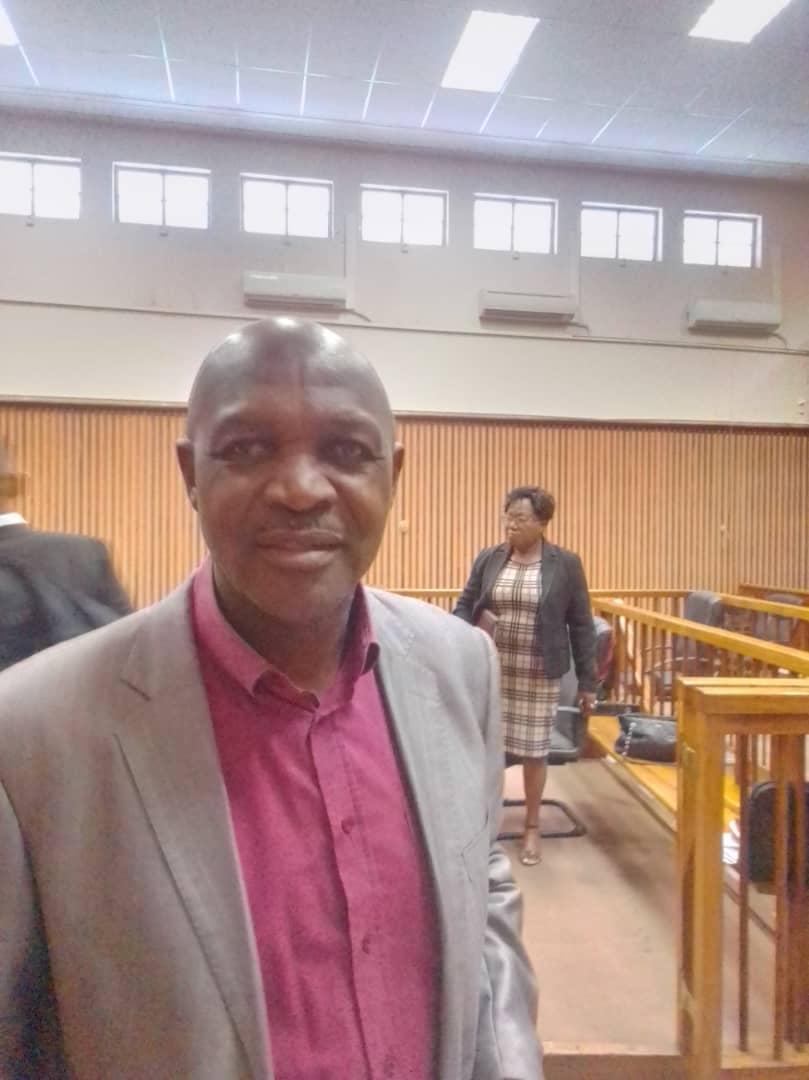After fining Kelly Nghixulifwa N$150 000 for fraud and corruption, Windhoek High Court acting judge Christi Liebenberg on Tuesday said mitigating factors in the case prevent him from imposing a custodial sentence.
Nghixulifwa, who was CEO of the State-owned company Roads Contractor Company (RCC), received a N$150 000 fine or three years imprisonment plus two years imprisonment suspended for five years, on condition that he is not convicted of any corrupt practices or fraud.
He further sentenced Hafeni Nghinamwaami to N$30 000 or one-year imprisonment, plus six months imprisonment suspended for three years, on condition that the amount of N$30000 is paid to the RCC, and the accused is not convicted of fraud committed during the period of suspension.
Nghixulifwa was convicted by Liebenberg on counts of fraud and contravening the Anti-Corruption Act after a trial that lasted more than 15 years.
The judge also convicted Nghinamwaami on a charge of fraud in relation to a fee of N$30 000 he received from RCC for alleged consultancy work.
They were charged with fraud, and contravening the Anti-Corruption Act. At the centre of the matter is a loan of N$4.8 million that Nghixulifwa allegedly secured for Ae//Gams Engineering to purchase Erf 10485 along Independence Avenue without declaring his interest in the company.
He resigned after the ambitious supposed construction of B1 City development went belly-up.
He faced 11 charges of fraud and contravening the Anti-Corruption Act, Anna Ndoroma faced four counts, while Nghinamwaami faced four counts. Ndoroma was acquitted during the verdict, while Nghinaamwami was convicted only of fraud.
Nghixulifwa was convicted on three counts of corruptly using his office or position as CEO of RCC, and one count of fraud.
The judge said while feeling for the accused’s family after being through a lengthy and costly legal ordeal, one cannot allow sympathy to stand in the way of imposing the kind of sentence dictated by the interests of justice.
The accused persons are first-time offenders, which weighed heavily in their favour, Judge Liebenberg remarked.
He added that a court will be reluctant to imprison first-time offenders if the same sentencing objectives could be achieved by imposing an alternative sentence.
He said there is a clear distinction between first-time offenders and repeat offenders, as first-time offenders are more likely to be rehabilitated than hardened criminals.
He stated that corruption is a serious offence, which dictates that the interests of society be emphasised.
He asserted that the weight attached thereto will depend on the facts of each case, and the court is not to follow a blanket approach.
“Though crimes like fraud and corruption are serious and often visited by vigorous punishment where necessary, courts still need to look at and consider the facts of the case before it, full regard being had to the mitigating and aggravating circumstances present,” the judge stated. In the current matter, a custodial sentence is not warranted, the judge added.
He went on to say that despite the serious view taken of corruption in general, there are alternative sentences that would carry sufficient deterrence, as opposed to direct imprisonment.
He warned that if the circumstances of the fraud charge were slightly more aggravating, it would have been a different kettle of fish. The judge stated that the court was inclined to grant the accused a second chance.
-rrouth@nepc.com.na



